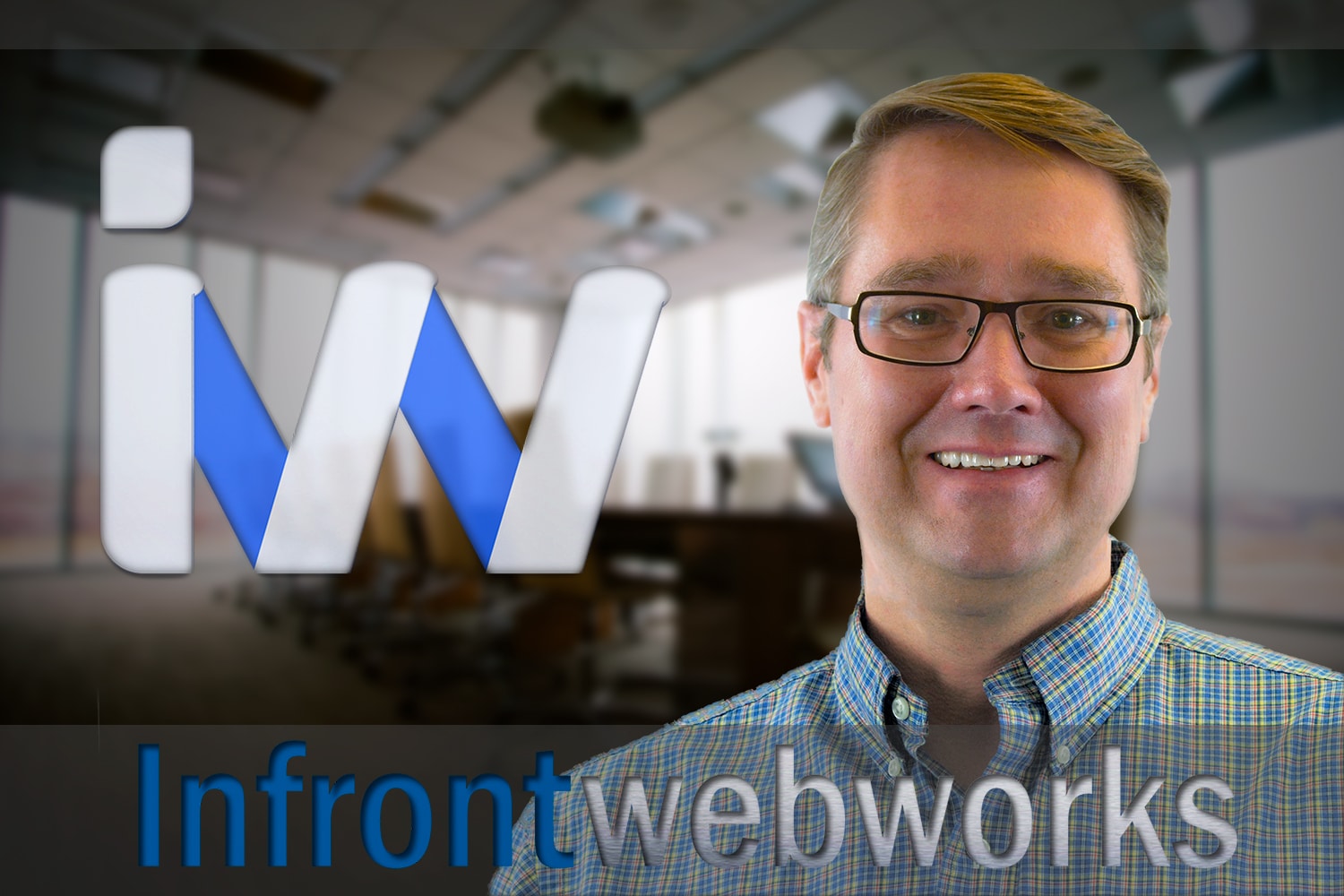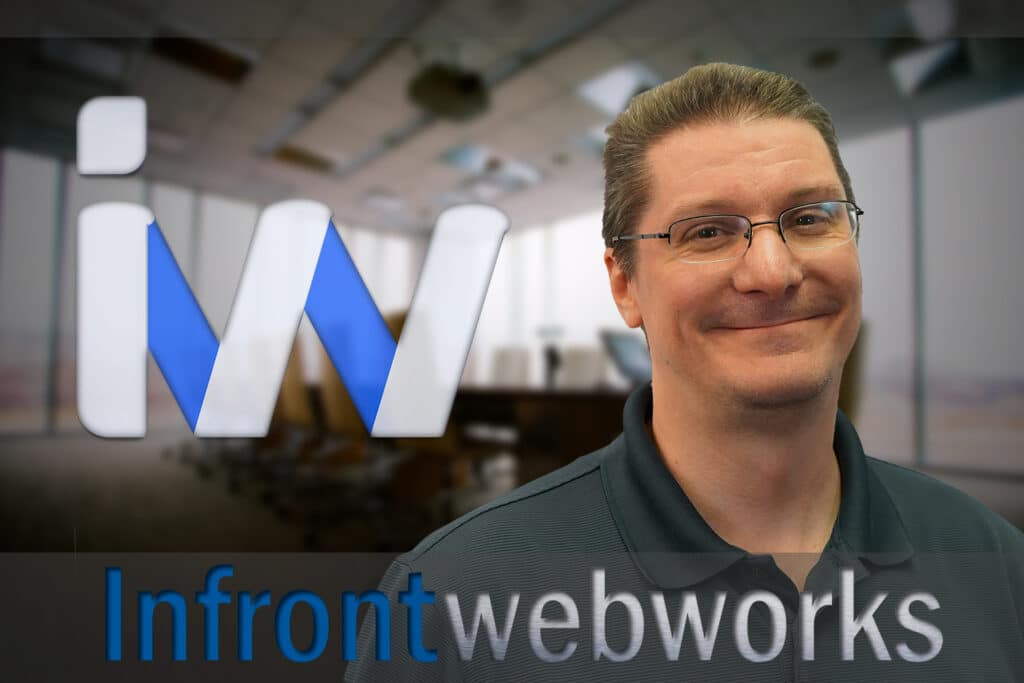AI search can be interpreted in two primary ways for market share analysis:
- AI-powered features within traditional engines (e.g., Google’s AI Overviews or Gemini integration, which generate summarized responses): This represents a subset of queries handled by AI within dominant platforms like Google.
- AI-native search tools (e.g., ChatGPT, Perplexity, Grok): These are standalone platforms where users directly query AI for information, often as an “answer engine” rather than link-based results.
Based on mid-to-late 2025 data from analytics firms like StatCounter, Similarweb, Semrush, and SparkToro, traditional search (primarily Google) still dominates ~90% of global queries. However, AI is rapidly eroding this through both integrations and native adoption. Below, I’ll break down the shares with key evidence.
Overall Search Engine Market Share (Total Queries)
- Google: 89-90.7% (down from ~91% in early 2025, but stabilizing/regaining 0.17% in recent months due to AI enhancements like AI Mode).
- Bing (with Copilot AI integration): ~4%.
- Other traditional (Yandex, Yahoo, DuckDuckGo): ~5-6%.
- AI-native tools (ChatGPT, Perplexity, etc.): <5% combined (e.g., ~2-5.6% of global/desktop queries, with ChatGPT alone at ~1-3% of total search volume).
Total AI Search Share: ~5-10%, depending on inclusion of AI features in traditional engines. AI-native tools handle tens of millions to ~143 million queries/day (vs. Google’s 15+ billion), but growth is exponential (e.g., ChatGPT’s queries up 8x since 2022).
| Platform/Category | Est. Global Market Share (2025) | Key Notes/Source |
| Google (incl. AI Overviews) | 89-90.7% | Dominant; AI features boost retention but reduce clicks by 34.5% on average. StatCounter, BrightEdge. |
| Bing/Copilot | 4% | AI integration drives modest gains (e.g., +0.5% YoY). StatCounter. |
| AI-Native (ChatGPT ~80% of this sub-market) | 2-5% | Processes ~1-2B queries/day total; 59% of generative chatbot market. Similarweb, SparkToro. |
| Other Traditional | 5-6% | Stable but fragmented. StatCounter. |
Share of Queries Handled by AI Features
Within Google (the bulk of the market), AI Overviews—a core AI search feature—appear in an increasing portion of results:
- Early 2025 (Jan-Mar): 6.5-18% of queries.
- Mid-2025 (May-Aug): 13-47% (e.g., 47% for informational queries; up to 50%+ overall by Aug).
- Late 2025 (Sep-Nov est.): ~20-50%, plateauing around 20% for broad equilibrium but higher (60%+) for complex/informational queries.
If including these, AI-handled queries could represent 10-45% of the total market (mostly via Google). However, this doesn’t shift overall market share much, as users still start on Google.
| Trigger Rate for AI Overviews | % of Google Queries | Context/Source |
| All Queries | 18-50% (rising) | Global avg. 18% (Mar); US up to 30-50% (Aug). Pew, Semrush, Advanced Web Ranking. |
| Informational/How-To | 88% of triggers | Most common; e.g., 60% for “who/what/why” queries. Semrush. |
| Commercial/Navigational | 8-9% | Lower; safer for traditional SEO. Semrush. |
| Zero-Click Impact | 36-43% (higher with AI) | AI summaries reduce site visits by ~35%. Similarweb. |
Trends and Projections
- Growth Drivers: 50% of consumers now use AI search intentionally (up from 2024); 44% prefer it as primary insight source. Gen Z/Millennials lead at 70% adoption.
- Challenges: AI reduces traffic (e.g., 6.7% YoY drop in search referrals); native tools like Perplexity grew 524% in queries (780M/month).
- Forecast: AI-native could hit 15%+ by 2026; full tipping point (majority of queries) by 2030 if growth sustains 20%+ quarterly.
For marketers/SEO pros, optimize for “Gen AI Engine Optimization” (GEO) alongside traditional tactics—focus on citations in AI responses. Data varies by region (e.g., higher AI adoption in US/Europe) and query type, so track via tools like Semrush for specifics.

Matthew is the President of Infront Webworks and is a New England native now calling Colorado Springs home. Matt attended The University of NH where he pursued a BS in Natural Resource Economics & Business Administration. Aside from Infront; Matthew has owned and managed two other online agencies based on the seacoast of New Hampshire and been a key player in multiple technology mergers & acquisitions. When he’s not bathing in technology, online marketing & business; he’s probably spending time with his wife and daughter, boating, skiing the trees, hiking or cooking..he is a foodie for sure!



